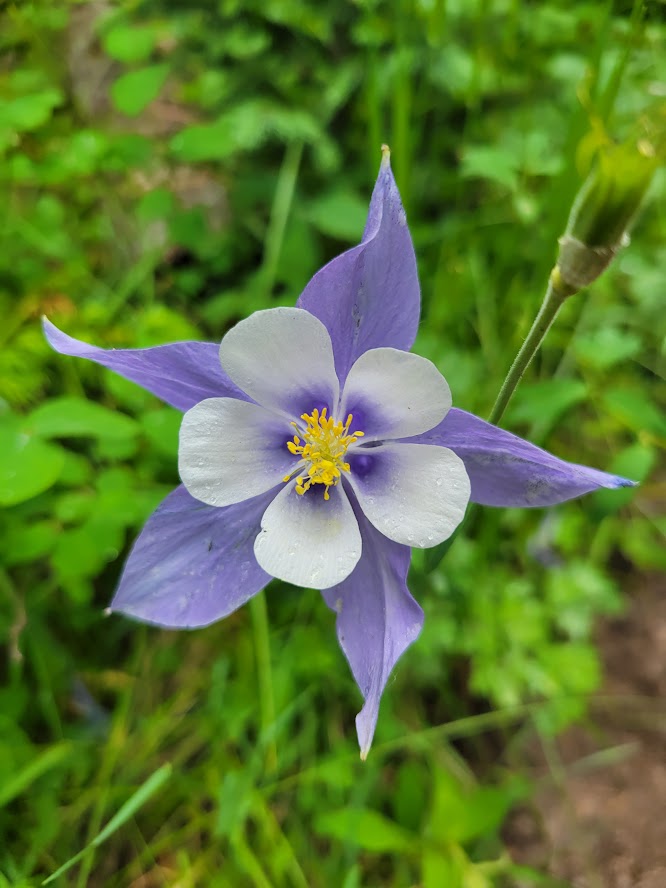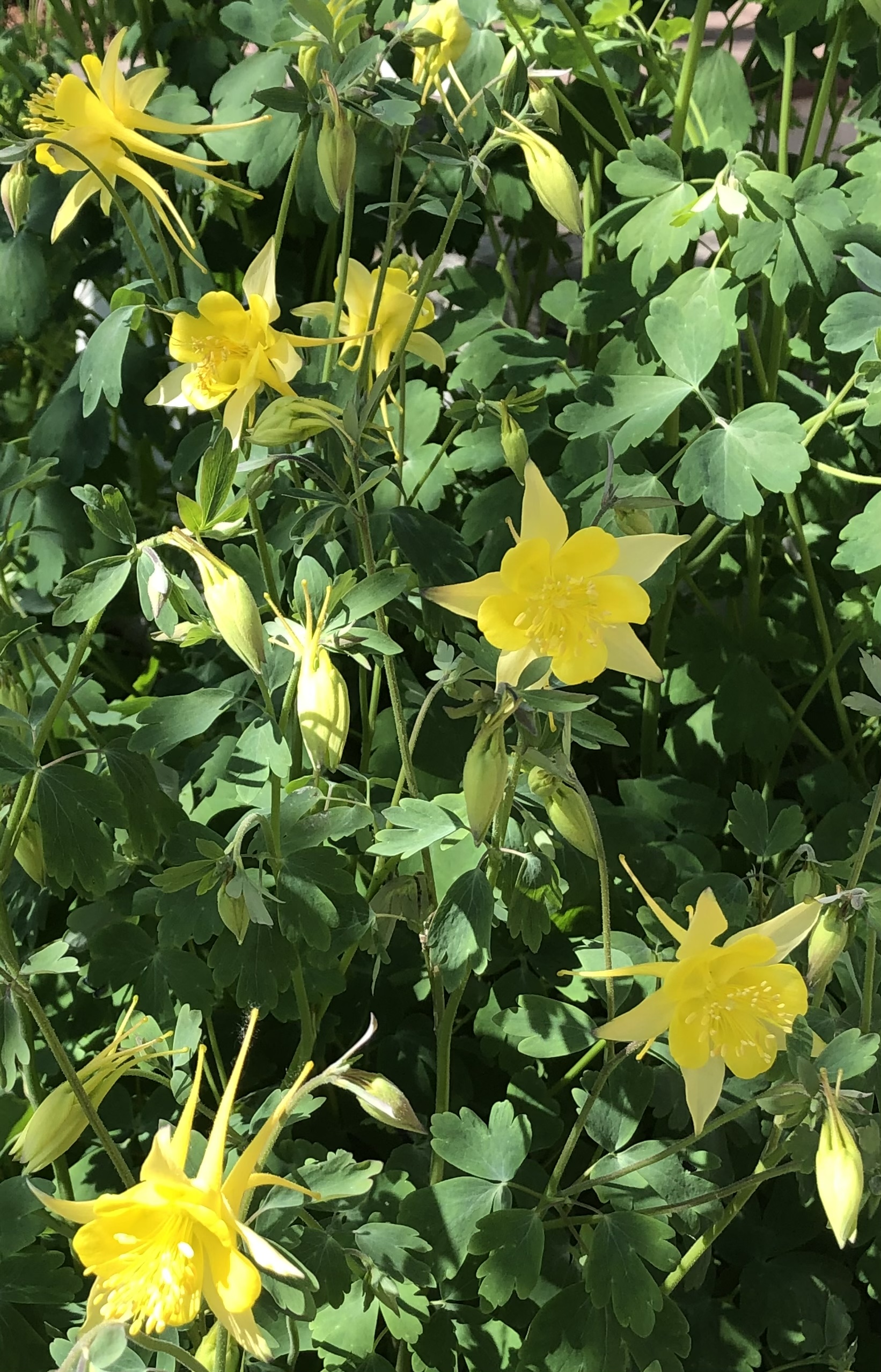








Columbine is a recognizable plant to many Colorado gardeners. The familiar blue and white Colorado columbine is our state flower. And there are many kinds of columbine that feature a variety of flower colors and form. Some are small plants suitable for rock gardens, while others show better in a perennial border.
Are columbines an easy flower to grow?
Columbine plants are easy to grow because they adapt to a variety of conditions. Columbines do best in sun or light shade, and they prefer soil that stays somewhat moist, but drains well. Columbines generally begin blooming in early to mid-May and continue through June. Removing flowers as they fade helps prolong the bloom time. This procedure, known as dead-heading, keeps plants looking good and prevents the formation of seed pods. Columbines cross-pollinate and hybridize freely, but the quality of resulting seedlings is inferior to the parent plants. Generally, columbines thrive for three to five years, but the formation of excess seed may
shorten their lifespan.
Are columbines native to North America?
Several columbine species are native to North America. These include Rocky Mountain columbine, Canadian columbine and golden columbine. European columbine also is commonly available. Additionally, many hybrid varieties are available in a wide array of colors. Some of the more common hybrids are Biedermeier, Denver Gold, Music Mix, Remembrance, Songbird and the McKana Hybrids.
Enjoy this popular flower in your garden, and be sure to use it as a cut flower too. The flowers are plentiful in spring and early summer, and the blue-green foliage adds texture and color into the fall.
For more information, see the following Colorado State University Extension fact sheet(s).
For more information, see the following Planttalk Colorado™ script(s).



